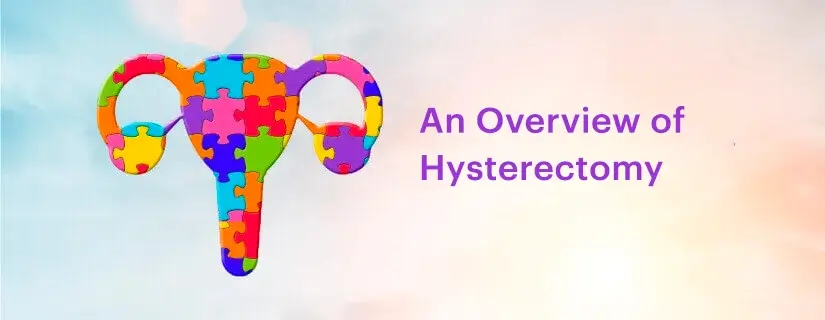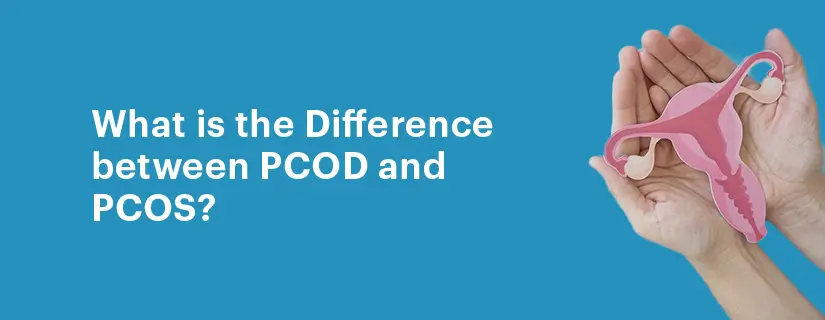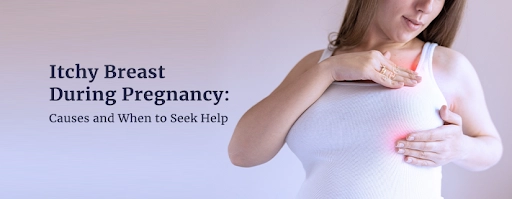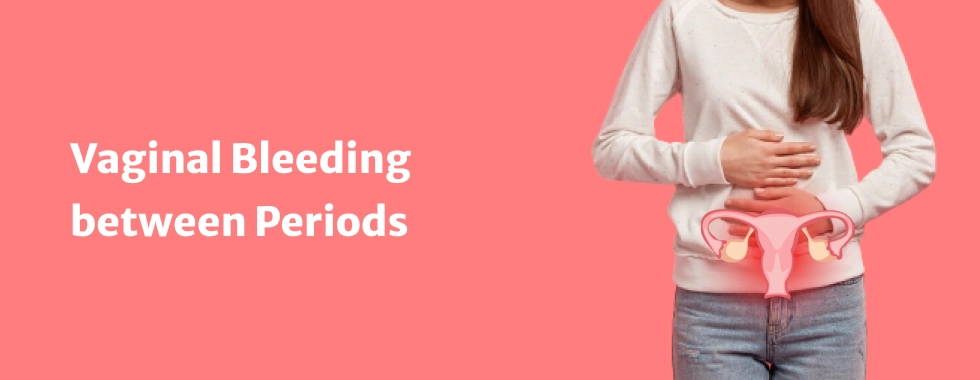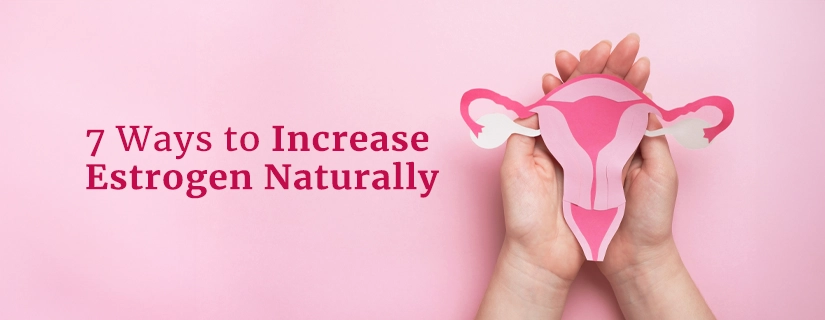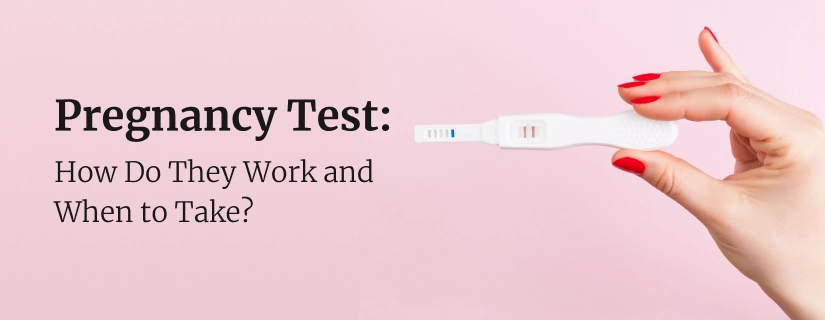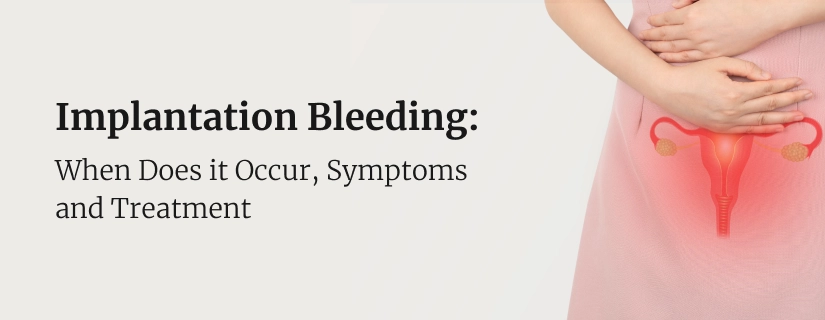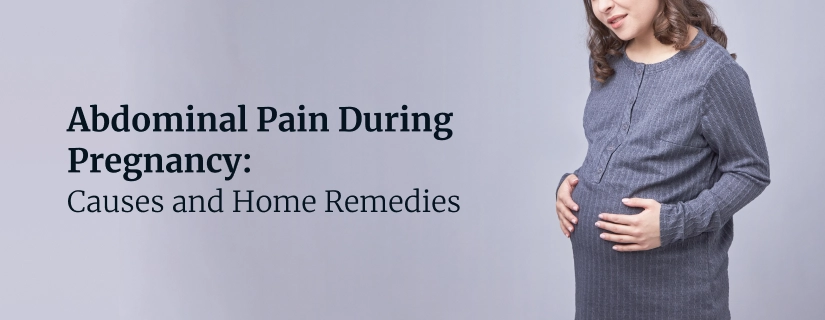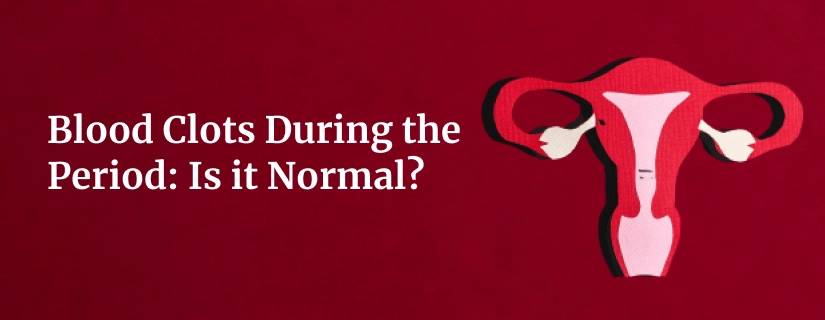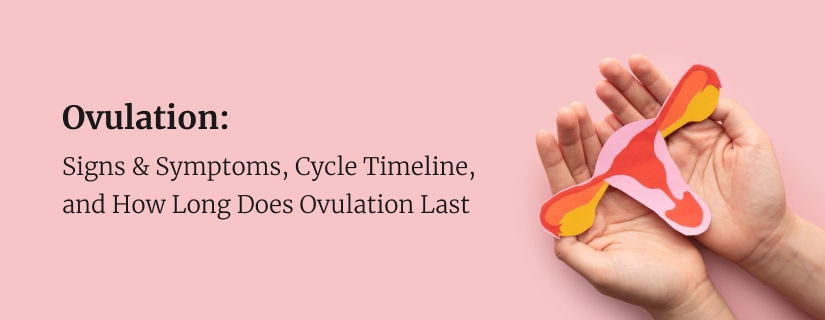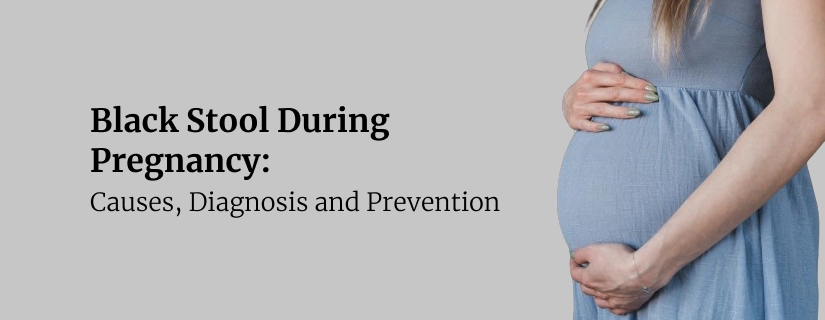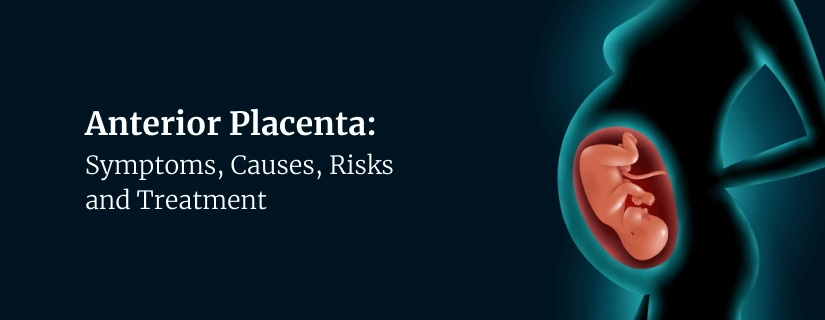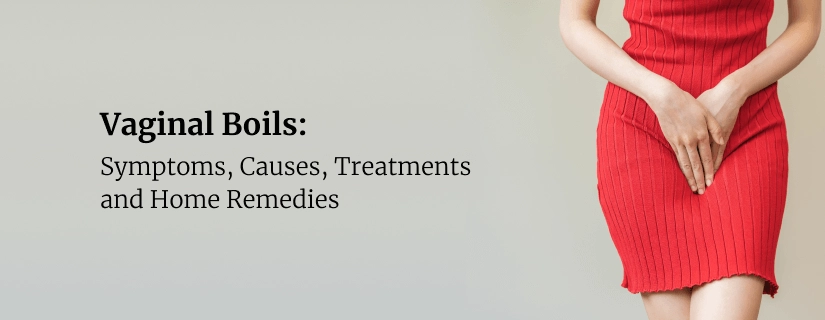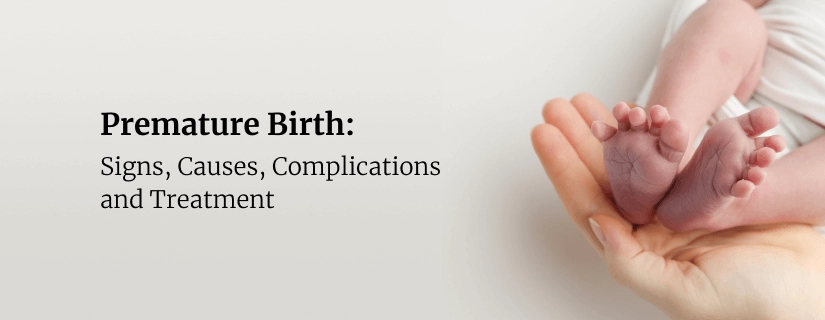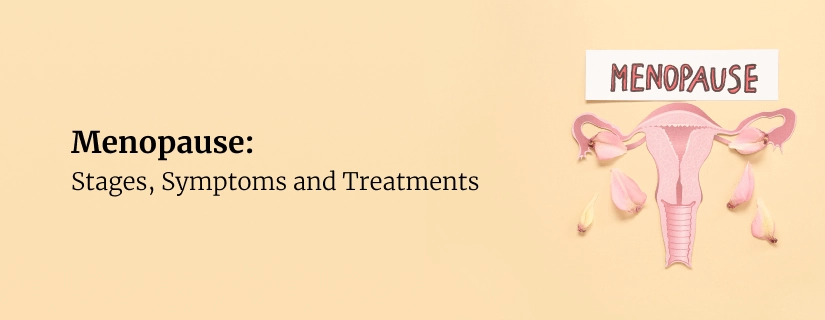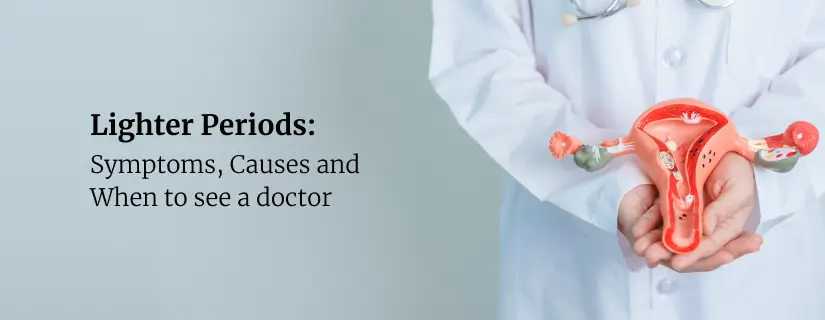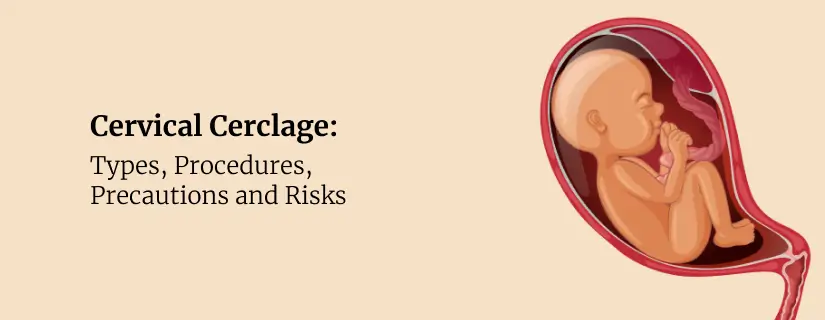-
Doctors
-
Specialities & Treatments
Centre of Excellence
Specialties
Treatments and Procedures
Hospitals & Directions HyderabadCARE Hospitals, Banjara Hills CARE Outpatient Centre, Banjara Hills CARE Hospitals, HITEC City CARE Hospitals, Nampally Gurunanak CARE Hospitals, Musheerabad CARE Hospitals Outpatient Centre, HITEC City CARE Hospitals, Malakpet
HyderabadCARE Hospitals, Banjara Hills CARE Outpatient Centre, Banjara Hills CARE Hospitals, HITEC City CARE Hospitals, Nampally Gurunanak CARE Hospitals, Musheerabad CARE Hospitals Outpatient Centre, HITEC City CARE Hospitals, Malakpet Raipur
Raipur
 Bhubaneswar
Bhubaneswar Visakhapatnam
Visakhapatnam
 Nagpur
Nagpur
 Indore
Indore
 Chh. Sambhajinagar
Chh. SambhajinagarClinics & Medical Centers
Book an AppointmentContact Us
Online Lab Reports
Book an Appointment
Consult Super-Specialist Doctors at CARE Hospitals
Calcium Deficiency in Women: Symptoms, Causes, Treatment, and Prevention
Updated on 8 August 2023

Table of Content
- Overview of Calcium Deficiency
- Symptoms of Calcium Deficiency
- Causes of Calcium Deficiency
- Diagnosis of Calcium Deficiency
- Treatment of Calcium Deficiency
- Prevention for Calcium Deficiency
- Is calcium deficiency disease common?
- Complications of calcium deficiency in women
- How much amount of calcium is required for women?
- Diagnosis of Calcium Deficiency Diseases
- Lifestyle Changes
- Conclusion
- FAQs
Calcium is an essential nutrient and its deficiency can lead to several health issues. It is vital for the survival of all living beings and is mostly stored in our teeth and bones. Calcium is mostly known for its significance in maintaining bone health. However, in addition to this, calcium also plays a significant role in muscle contraction, blood clotting, maintaining nerve function, and regulating heart rhythm.
Overview of Calcium Deficiency
Calcium deficiency can occur in anyone. However certain groups may be more prone to it. Calcium deficiency is usually more common in post-menopausal women. Also, people who are vegetarians, vegans or have dairy intolerance may be at risk of calcium deficiency.
Women over the age of 45 are often more prone to calcium deficiency because in their post-menopausal period the levels of oestrogen decrease in their body. Oestrogen in women plays a significant role in calcium metabolism. Oestrogen also promotes enzymes that create activated vitamin D. Vitamin D is essential for calcium absorption in the body.
Symptoms of Calcium Deficiency
Several body functions may be affected as the calcium levels are lower in one’s body. Here are a few common symptoms of calcium deficiency in women:
- Muscle Problems: Muscle cramps, spasms, or twitches, especially in the legs.
- Bone Issues: Brittle bones, fractures that happen easily, or osteoporosis (weak bones).
- Dental Problems: Weak teeth, tooth decay, or frequent dental issues.
- Numbness or Tingling: Feeling pins and needles, especially in the hands, feet, or face.
- Fatigue: Feeling tired often, even without doing much.
- Mood Changes: Irritability, anxiety, or depression.
- Memory Problems: Forgetfulness or difficulty concentrating.
- Skin Symptoms: Dry skin, eczema, or other skin problems.
- Heart Problems: Irregular heartbeat or high blood pressure in severe cases.
Causes of Calcium Deficiency
Calcium deficiency can have several causes including the following:
- Lower levels of Oestrogen due to Menopause
- Genetic Factors
- Poor Calcium Intake
- Dairy Intolerance or Intolerance to Foods Rich in Calcium
- Lower Levels of Vitamin D
- Vegetarian or Vegan Diets low in Calcium
- Amenorrhea or the Absence of Menstruation
Diagnosis of Calcium Deficiency
Calcium deficiency in women can be diagnosed through a simple blood test. The physician will check the sample for calcium and albumin levels in the blood. In adults, normal calcium levels range from 8.8 to 10.4 milligrams per deciliter (mg/dL), Calcium levels lower than 8.8 mg/dL will be considered calcium deficiency.
Treatment of Calcium Deficiency
Calcium deficiency can be treated by taking calcium supplements prescribed by the doctor and also by including calcium-rich foods in one’s diet. Lifestyle changes can also improve calcium levels in the body, including eating a balanced diet, maintaining healthy body weight, exercising regularly, and restricting alcohol and tobacco intake.
If you have low calcium levels, there are different ways to treat it and bring your calcium back to normal:
- Change Your Diet: Adjust what you eat to include more foods high in calcium, like dairy products, leafy greens, and fortified foods.
- Use Calcium Supplements: Sometimes, doctors suggest taking calcium supplements to increase your intake. It's important to get the right type and amount with guidance from a healthcare professional to avoid health issues from too much calcium.
- Take Vitamins and Minerals: You might need vitamin D to help your body absorb calcium better. Also, magnesium and vitamin K are important for bone health and can work together with calcium supplements.
- Adjust Your Lifestyle: Besides changing your diet, certain lifestyle changes can help your body use calcium better:
- Exercise: Doing activities that make your bones work, like walking or dancing, can make bones stronger and help keep calcium in them.
- Limit Caffeine and Sodium: Too much caffeine or sodium can stop your body from taking in calcium. Cutting down on these can be good for your bones.
- Watch Alcohol: Drinking too much alcohol can mess up how much calcium your body keeps. Drinking less or not at all can help keep calcium levels steady.
- Preventing Low Calcium: Taking care of your health can stop low calcium before it starts:
- Eat Right: A diet with enough calcium from different kinds of foods can make sure you get what you need.
- Check Your Health Regularly: Getting checked by a doctor often can find low calcium early, so you can treat it fast.
- Keep Hormones Healthy: Eating right, staying active, and seeing your doctor can help keep hormones in balance, which is extra important as you get older.
Prevention for Calcium Deficiency
Calcium deficiency can be prevented by taking a diet rich in calcium. However, it is important to note that calcium intake must be in moderation and extremely high levels of calcium can also be damaging to the body. Furthermore, foods rich in calcium like dairy products may also be rich in saturated fats and hence their intake must be carefully monitored. Women who are going through menopause should especially consult with their doctor to start taking calcium supplements suitable for them.
Many women go through lowering levels of calcium as they age. It is therefore extremely essential to be aware of the symptoms related to calcium deficiency. Moreover, maintaining a well-balanced diet and a healthy lifestyle is another important step women must take to prevent nutritional deficiencies.
Is calcium deficiency disease common?
Calcium deficiency, often referred to as hypocalcemia when severe, is not extremely common in developed countries but can occur under certain circumstances. Factors contributing to calcium deficiency include inadequate dietary intake, conditions affecting calcium absorption (such as vitamin D deficiency or gastrointestinal disorders), and hormonal changes (such as during pregnancy or menopause).
Certain population groups may be more at risk, such as:
- Postmenopausal Women: Decreased estrogen levels can lead to bone loss and increased risk of calcium deficiency.
- Elderly Individuals: Aging can affect calcium absorption and bone health.
- People with Malabsorption Issues: Conditions like celiac disease or Crohn's disease can impair calcium absorption.
- Vegetarians and Vegans: Depending on dietary choices, they may need to carefully plan calcium intake.
- Those with Chronic Kidney Disease: Kidney function plays a crucial role in maintaining calcium balance.
Complications of calcium deficiency in women
Calcium deficiency has been linked with:
- Dental issues
- Depression
- Various skin problems
- Chronic pain in joints and muscles
- Bone fractures
- Seizures
- Reduced mobility
How much amount of calcium is required for women?
The recommended daily intake of calcium for women based on age, according to the National Institutes of Health (NIH) guidelines:
|
Age Group |
Calcium Requirement (mg/day) |
|
19-50 years |
1,000 mg |
|
51 and older |
1,200 mg |
Diagnosis of Calcium Deficiency Diseases
Diagnosing calcium deficiency involves several steps and considerations:
- Medical History: Your doctor will ask about your symptoms and medical history, including any conditions or medications that could affect calcium levels.
- Physical Examination: A physical exam may help identify signs of calcium deficiency, such as muscle spasms or brittle nails.
- Blood Tests: A blood test measuring total calcium, ionized calcium (free calcium in the blood), and sometimes parathyroid hormone (PTH) levels can indicate calcium status. Low total or ionized calcium levels may suggest deficiency.
- Bone Density Test (DEXA): This test measures bone mineral density and can diagnose osteoporosis or osteopenia, conditions often linked to long-term calcium deficiency.
- Additional Tests: Depending on symptoms and findings, your doctor may order tests to evaluate vitamin D levels, kidney function (since kidneys regulate calcium balance), and other relevant factors.
Lifestyle Changes
In addition to keeping calcium and vitamin D levels in check, there are lifestyle adjustments you can make to support bone health:
- Keeping a healthy weight
- Being physically active on a regular basis
- Limiting tobacco and alcohol consumption
Conclusion
It is a wise step to consult a nutritionist to know the calcium-rich foods suitable for your diet in addition to the supplements prescribed by them. Multivitamin supplements may not have all the calcium required for you and hence a good calcium supplement enriched with Vitamin D may be a necessary addition to women’s diet.
FAQs
1) Can calcium deficiency in women cause hair loss?
Yes, calcium deficiency can contribute to hair loss in women. Calcium is essential for maintaining healthy hair follicles, and a deficiency can lead to weaker hair and increased hair fall.
2) Can calcium deficiency in women cause back pain?
Yes, calcium deficiency can cause back pain. Calcium is crucial for bone health, and a deficiency can weaken the bones, leading to pain and discomfort, particularly in the spine and lower back.
3) What are the complications of calcium deficiency?
Complications of calcium deficiency include osteoporosis, brittle nails, dental issues, muscle cramps, and increased risk of fractures. Severe deficiency can also lead to abnormal heart rhythms and neurological symptoms like confusion and memory loss.
4) How to increase calcium in women's bodies?
To increase calcium levels, women should consume calcium-rich foods such as dairy products, leafy green vegetables, almonds, and fortified cereals. Additionally, taking calcium supplements and ensuring adequate vitamin D intake can help improve calcium absorption.
5) Why do women lose calcium?
Women may lose calcium due to several factors, including hormonal changes during menopause, poor dietary intake, high caffeine or sodium consumption, certain medications, and medical conditions like hyperparathyroidism.
6) What happens if women don't get enough calcium?
If women don't get enough calcium, they are at risk of developing osteoporosis, experiencing frequent fractures, and suffering from muscle spasms and cramps. Long-term deficiency can lead to serious health issues, including cardiovascular problems.
7) How much calcium does a woman need?
The recommended daily intake of calcium for women varies by age. Women aged 19-50 should aim for 1,000 mg per day, while those over 50 should increase their intake to 1,200 mg per day to support bone health.
8) What are the symptoms of lack of calcium in women?
Symptoms of calcium deficiency in women include brittle nails, frequent muscle cramps, numbness and tingling in the fingers, fatigue, dental issues, and osteoporosis. Severe deficiency can also cause abnormal heart rhythms and mental confusion.
9) How do you treat calcium deficiency in women?
Treating calcium deficiency involves increasing dietary intake of calcium-rich foods, taking calcium and vitamin D supplements, and making lifestyle changes such as regular weight-bearing exercise. In severe cases, a healthcare provider may recommend additional treatments to restore calcium levels.
ENQUIRY FORM
SELECT CATEGORIES
-
Neurosciences (16)
-
Neurology (37)
-
Neurosurgery (14)
-
Orthopaedics (48)
-
Oncology (33)
-
Obstetrics and gynecology (51)
-
Pulmonology (23)
-
Urology (20)
-
Nephrology (13)
-
Psychiatry (7)
-
Dietetics and Nutrition (111)
-
General Medicine (63)
-
Cardiac Sciences (30)
-
Vascular & Endovascular Surgery and Interventional Radiology (10)
-
Gastroenterology (46)
-
Endocrinology (23)
-
Plastic Surgery (10)
-
Critical Care Medicine (5)
-
COVID-19 (16)
-
Dermatology (16)
-
Emergency Care (1)
-
Ophthalmology (4)
-
Pediatrics (14)
-
Laparoscopic and Bariatric Surgery (8)
-
ENT (15)
-
Kidney Transplant (1)
-
Liver Transplantation and Hepatobiliary Surgery (5)
-
General Surgery (3)
-
Internal Medicine (5)
-
Medicine Information
Foods to Avoid During Pregnancy
Healthy Snacks to Eat During Pregnancy
YOU MAY ALSO LIKE
RECENT BLOGS
-

Direct Anterior Approach in Total Hip Replacement: Advantages and Challenges
10 April 2025
Read More
-

Zinc Deficiency: Signs and Symptoms, Causes, Treatment
9 April 2025
Read More
-

Chest Pain When Coughing: Causes, Treatment and Home Remedies
9 April 2025
Read More
-

12 Health Benefits of Eating Mushrooms
8 April 2025
Read More
-

7 Health Benefits of Blood Donation You Should Know About
8 April 2025
Read More
-

Implantation Bleeding Vs Periods: Know the Difference
28 February 2025
Read More
-

Bloating During Ovulation: Symptoms, Causes and Remedies
28 February 2025
Read More
-

Itching During Dengue: Causes, Treatment and Home Remedies
18 February 2025
Read More
Have a Question?
If you cannot find answers to your queries, please fill out the enquiry form or call the number below. We will contact you shortly.









